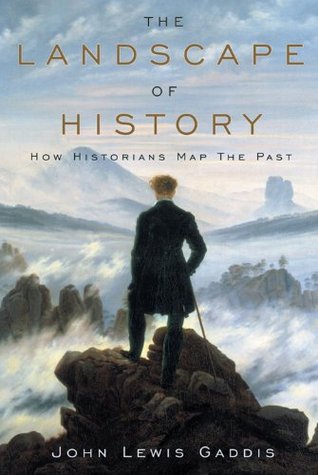More on this book
Kindle Notes & Highlights
Read between
January 17 - February 5, 2025
But it is, I believe, good science, for what we can learn should always figure more prominently in our set of priorities than the purity of the methods by which we learn it.
awareness of self: the capacity to think as an individual about one’s own situation, to determine a distinctive response, and to communicate it to others.1
The first stage in meeting the Malkovich test, then, is to balance the general against the particular in a far more precise way than the writing of most history demands. For induction, in biography, comes chiefly from surviving structures that a single person has left behind. Deduction draws on everything else in the human experience that might help us to understand that person. Biography demands both procedures, but in a peculiarly delicate balance. It’s a little like riding a unicycle: you need to be aware all the time of a wider horizon, even as you concentrate on the single problematic
...more
These standards of significance, however, can shift, for reasons that have much to do with the instruments we use
to measure, or map, the past.13
There is one other thing, though, that biographers—and historians generally—can’t escape doing that natural scientists never have to do: it’s to make moral judgments. Nobody worries, within the “hard” sciences, about the morality of molecules.
The issue for historians, then, is not whether we should make moral judgments, but how we can do so responsibly, by which I mean in such a way as to convince both the professionals and non-professionals who’ll read our work that what we say makes sense.
Getting inside other people’s minds requires that your own mind be open to their impressions—their hopes and fears, their beliefs and dreams, their sense of right and wrong, their perception of the world and where they fit within it. “History cannot be scientifically written,” R. G. Collingwood insisted, “unless the historian can re-enact in his own mind the experience of the people whose actions he is narrating.”21
Are we so sure of ourselves and our age as to divide the company of our forefathers into the just and the damned?. . . [S]ince nothing is more variable than such judgments, subject to all the fluctuations of collective opinion or personal caprice, history, by all too frequently preferring the compilation of honor rolls to that of notebooks, has gratuitously given itself the appearance of the most uncertain of disciplines. Hollow indictments are followed by vain rehabilitations. Robespierrists! Anti-Robespierrists! For pity’s sake, simply tell us what Robespierre was.24
Historians must not confuse the passage of time with the accumulation of intelligence by assuming that we’re smarter now than they were then. We may have more information or better technology or easier methods of communication, but this doesn’t necessarily mean that we’re any more skillful at playing the cards we’ve been dealt.
Our responsibility as historians is as much to show that there were paths not taken as it is to explain the ones that were, and that too I think is an act of liberation.
What’s frightening about this process is when it targets victims: when excuses for marginalization lead to discrimination and then to the next logical step, which is authoritarianism. I’d go so far as to define that term as what occurs when a reconstructed past produces the belief, in the mind of some leader in the present, that the future requires reconstructed people.
to show that, because most forms of oppression have been constructed, they can be deconstructed; to demonstrate that what is was not always so in the past and therefore need not be so in the future. The historian must be, in this sense, a social critic; for it’s by means of such criticism that the past liberates even as it oppresses the present and future—very much as the historian, however paradoxically, simultaneously performs both acts upon the past itself.
That purpose is, I now want to argue, to achieve the optimal balance, first within ourselves but then within society, between the polarities of oppression and liberation.
The irony here is that total oppression and total liberation—if we can take these examples as symbolizing them—both lead back to something like slavery. Freedom comes only from the tension between these opposites.
This gets us around to the single most important thing any historian has to do, whether in the classroom or in scholarly monographs or even as a television talking head, which is to teach.
the most gratifying single moment in teaching comes, for me at least, with the realization that my student now knows more about a particular subject than I do.


